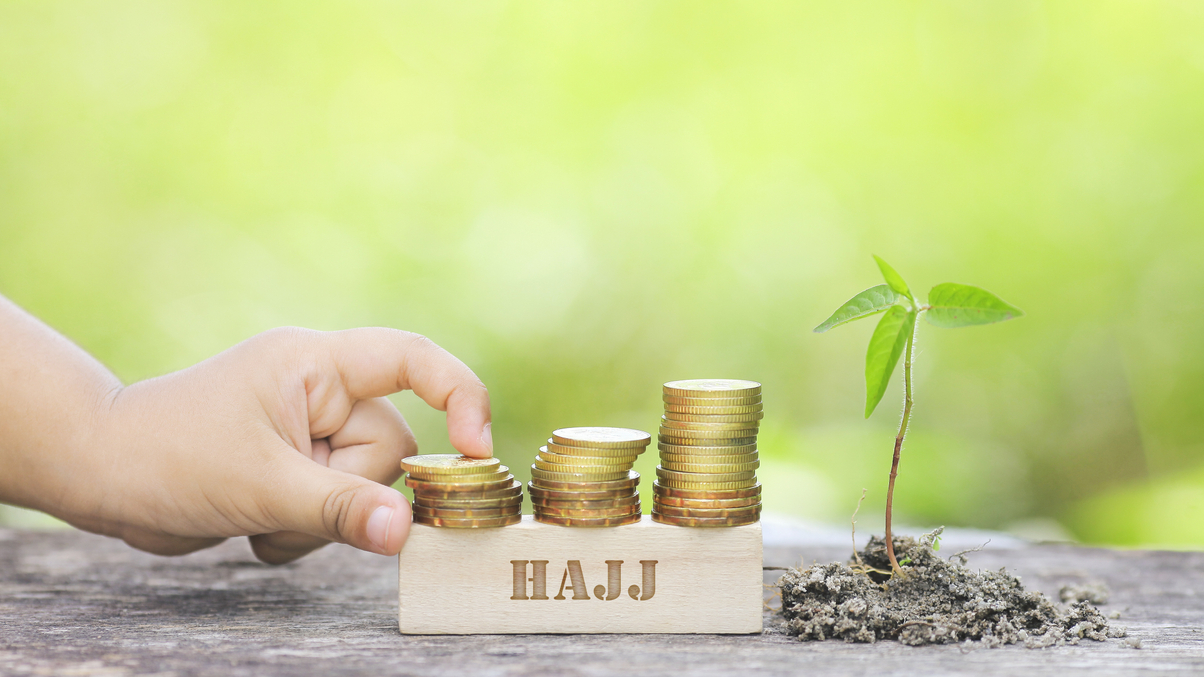Indonesia Hajj fund BPKH to return to direct investment in 2021
Indonesia Hajj Fund Management Agency (BPKH) says that pandemic woes hit direct investment in 2020, but the fund remains firm in its commitment to using it as a tool to drive ESG change

The Indonesia Hajj Fund Management Agency (BPKH) has set its sights on boosting direct investment - which it sees as the best way of driving ESG changes - in 2021 after the global pandemic put the brakes on its ambitions last year, executive director Hurriyah El-Islamy told a recent panel at the AsianInvestor Investment Summit.
Sign in to read on!
Registered users get 2 free articles in 30 days.
Subscribers have full unlimited access to AsianInvestor
Not signed up? New users get 2 free articles per month, plus a 7-day unlimited free trial.
¬ Haymarket Media Limited. All rights reserved.


